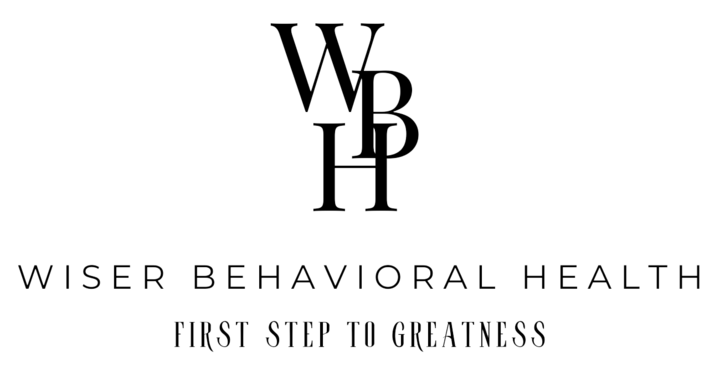How We Treat ADHD
At Wiser Behavioral Health, we take a personalized approach to ADHD treatment, focusing on the unique needs and challenges of each individual. We understand that ADHD can affect various aspects of life, from school or work performance to personal relationships, and we are committed to providing tailored treatment plans to help individuals thrive. Our approach typically combines medication management with behavioral therapy, both of which play an important role in managing symptoms like inattention, impulsivity, and hyperactivity. We work closely with clients to identify their specific challenges and develop targeted strategies that can improve their daily functioning. This may include helping individuals build better organizational skills, establish effective routines, manage their time, and cope with emotional or behavioral hurdles. At Wiser Behavioral Health, our goal is to empower those with ADHD to navigate life’s challenges with confidence and success, whether in personal, academic, or professional settings. Through a comprehensive and supportive treatment plan, we aim to enhance overall well-being and ensure long-term positive outcomes.




